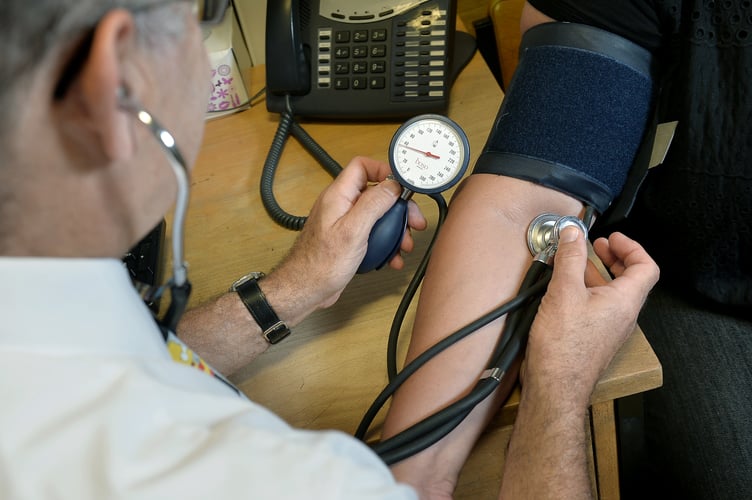Dozens of people died prematurely from heart and circulatory diseases in Waverley in 2022, new figures show.
New research from the British Heart Foundation has found the premature death rate from these conditions has hit a 14-year high across the country.
Heart and circulatory diseases are any which impacts the blood vessels – including coronary heart disease and strokes.
Figures from the Office for National Statistics suggest 370 people died from these conditions in Waverley in 2022 – 57 of whom were under 75, and therefore classed as premature.
From 2020 to 2022 an average of 56 people died early.
Across England, the rate of premature deaths from heart disease has been on the rise since 2020. Analysis from the BHF shows it reached 80 per 100,000 people in 2022 – the highest rate since 2011, when it was 83.
Dr Sonya Babu-Narayan, associate medical director at the BHF and a consultant cardiologist, said: "We’re in the grip of the worst heart care crisis in living memory.
"Every part of the system providing heart care is damaged, from prevention, diagnosis, treatment, and recovery; to crucial research that could give us faster and better treatments.
"This is happening at a time when more people are getting sicker and need the NHS more than ever."
She said it was "tragic" progress had been lost in the fight against heart disease. Deaths from cardiovascular conditions had been on the decline for nearly sixty years.
There are also significant differences in death rates between different regions.
From 2020 to 2022 the North West saw 96 premature deaths per 100,000 people, followed by the North East with 89 and Yorkshire and The Humber with 88.
By contrast, the South East had a rate of 64 premature deaths per 100,000 people over the same period, while the South West had 66.
The BHF said some factors can make the risk of cardiovascular disease higher – men, older people and those with a family of heart problems are at a higher risk, and people of a black African, African Caribbean or South Asian background are more likely to develop high blood pressure or type 2 diabetes.
However, Dr Babu-Narayan says there are things we can do to reduce the risk – such as "managing our weight, improving our diets and keeping physically active".
NHS England national specialty adviser for cardiovascular disease prevention, Helen Williams, said the NHS remains committed to saving thousands more lives from major conditions including heart attack and stroke.
She said the NHS "has rolled out a range of preventative measures to support people to take control of their own health, with hundreds of thousands taking part in weight management programmes and services to help people quit smoking, through to blood pressure checks on the high street".
She added the NHS was improving its ability to detect and control "high-risk" conditions, and thousands more people are being supported to do so than prior to the pandemic.




